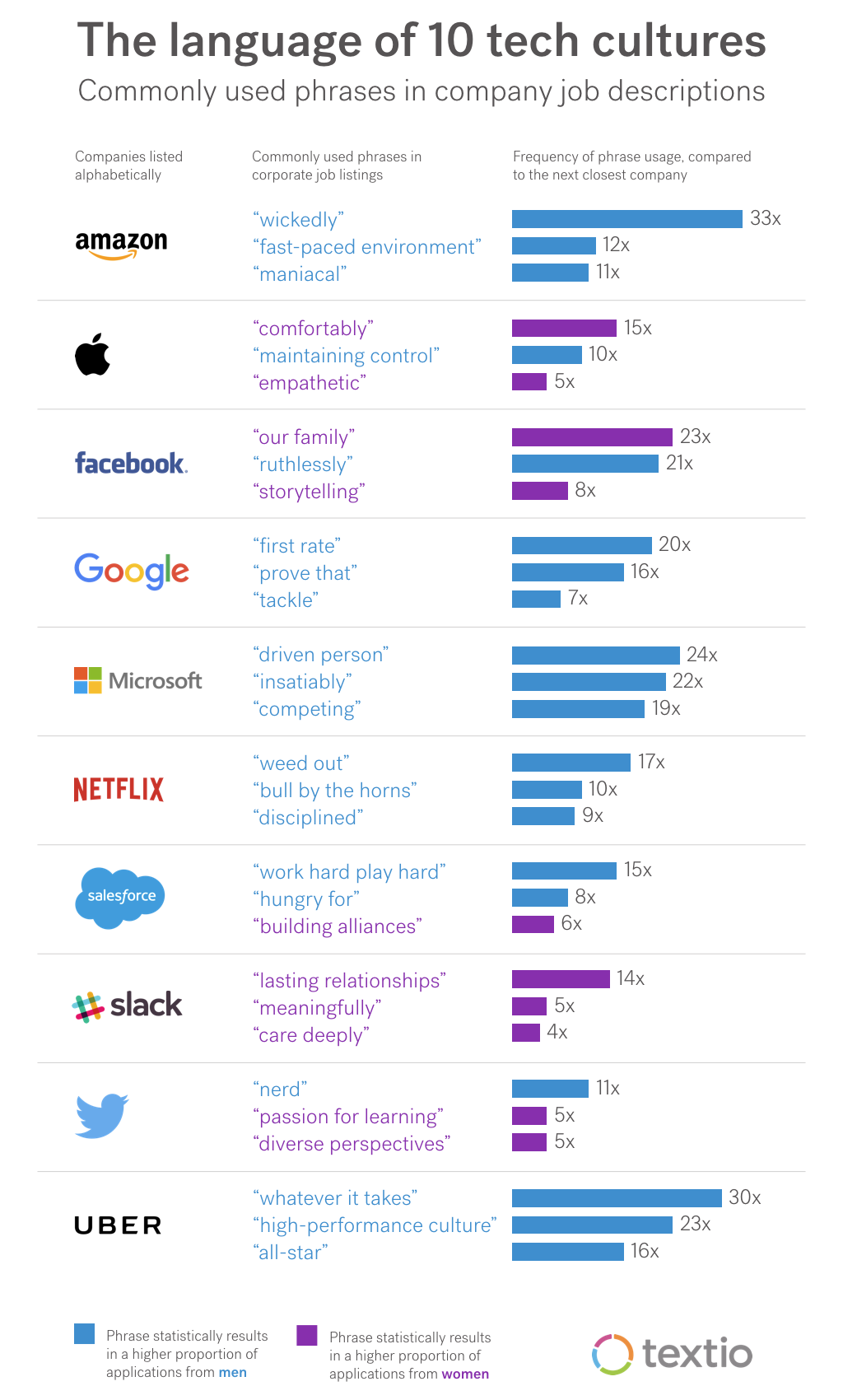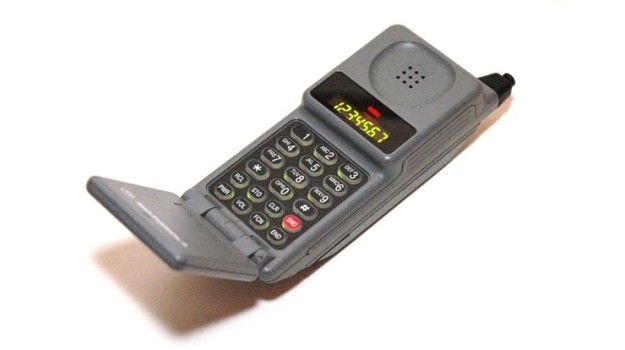The market for enterprise tech is huge - and growing
The market research company Gartner recently released their projections for Enterprise IT spending (think how much and for what types of technology upon which companies and organizations will spend their IT budgets), and what the Gartner data suggests is really telling and interesting for the HR and HR Technology space. Here's the data from the Gartner press release, then some comments from me after the chart:
A few notes and observations from this data, and one thing to think about if you are an HR leader and a consumer/shopper for new HR technology in 2018:
1. The enterprise IT market is massive - fast approaching $4 trillion (yes, that is with a T) in the US in the coming years. This is the manifestation of the old mantra the 'every company is a technology company'. No matter what your are business for, chances are in 2018 or 2019, you will be investing in more and better technology across the board in order to increase efficiency, expand market share, better serve customers, innovate on new products and services, and improve and enhance your human capital. Said differently, if your organization has not/will not be investing in technology you certainly risk falling behind competitors who are making those investments.
2. The enterprise shift to cloud-based, SaaS solutions is by and large complete. Look at the growth rate for the Data Center Systems category in the Gartner data. Organizational investment in their own data centers is expected to be about flat in 2018, and to decline in 2019. Most organizations, even larger, global ones, simply do not want to be in the business of building and maintaining their own data centers. Best to leave that to the Amazons, Googles, Microsofts, and Oracles of the world. From an HR tech perspective, if you are an HR leader at an organization who still utilizes on-premise HR solutions, 2018 could be the year that your CIO finally has a discussion with you about migrating off of your own data centers and into an HR tech provider's cloud.
3. And take a look at the growth rate Gartner estimates for Enterprise Software - the category that includes HCM solutions. They estimate 9.5% growth in spend for enterprise tech in 2018 and over 8% in 2019 - making this category the fastest growing by a large margin in all of enterprise IT. This tells us a couple of things. One, like I mentioned above, Enterprise Software is the IT category that offers the best opportunity to help drive competitive advantage for the organization. Whether it is tech that improves the supply chain performance, provides data to better market and target customers, or enables the organization to hire, develop, and retain the best talent - this is how/where technology spend can make a real difference in business performance.
And two, a growing and robust market for enterprise tech, (and HR Tech), is good news for you, the customer. You should see more and better solutions come to market, increased innovation from your current and established HR tech providers, and improved opportunities to implement HR and HCM tools to enhance your overall employee and candidate experience. The next few years appear to be a great time for HR organizations who are ready and willing to take advantage of this vibrant market for HR technology.
Happy Monday - have a great week!

 Steve
Steve



